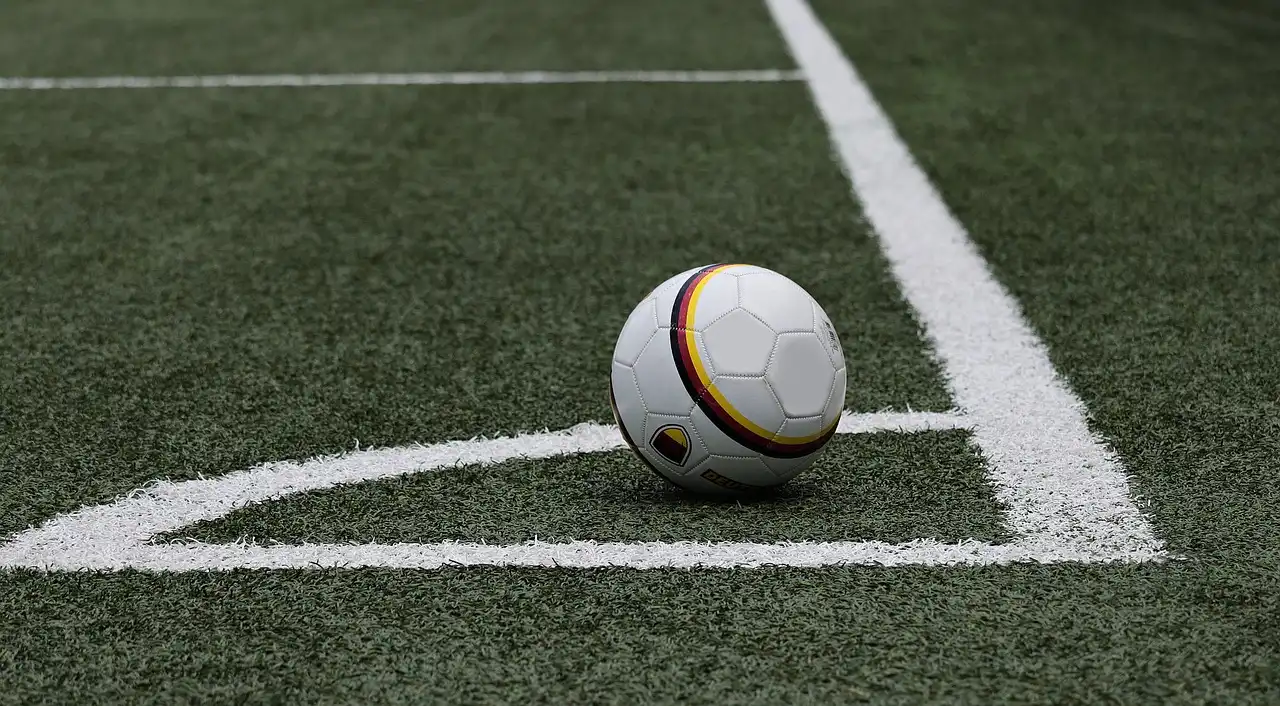A Future Without Hooligans: Kicking Violence Out of the Beautiful Game
Muhe - Saturday, 26 July 2025 | 10:00 PM (WIB)


The Roots of the Problem: More Than Just a Game
Let's be real. Hooliganism isn't just about a couple of hotheads spoiling a match. It’s a complex beast, often fueled by deeply ingrained tribalism, social grievances, or even just plain old boredom and a thirst for trouble. It's a subculture that has, for decades, cast a long shadow over the sport we adore. From the terrifying scenes of the 80s to the more isolated but equally chilling incidents of today, the message has been clear: this isn't just a fan problem; it's a societal one. But instead of throwing our hands up in despair, it's time to lace up our boots and get strategic. It's about changing hearts and minds, yes, but also about drawing a firm line in the sand.Education: The Long Game for a Culture Shift
If you want to change the game, you've got to start young. Think about it: our kids are sponges, soaking up everything around them. So, why not teach them early that respect, sportsmanship, and celebrating diversity are just as important as scoring a killer goal? This isn't just wishful thinking; it's about embedding these values into youth sports programs, into school curricula, and into the very fabric of local football clubs. Imagine workshops where young fans learn about the history of the game, its global appeal, and the sheer joy of healthy competition, rather than the "us vs. them" mentality that can fester.Beyond the youngsters, there's a huge opportunity to reshape the broader fan culture. Clubs themselves can be pioneers here. How about fan liaison officers who actually bridge the gap between supporters and security, fostering dialogue rather than division? Or initiatives that champion positive fan chants and creative displays, turning hostile energy into vibrant, inclusive celebrations? And let's not forget the digital realm, which, let's face it, can be a breeding ground for radicalization and online abuse. Promoting digital literacy and responsible online behavior can prevent keyboard warriors from turning into real-world troublemakers. When players themselves, our on-field heroes, speak out against violence and promote peace, it sends an incredibly powerful message. It's about building a community that genuinely believes in the beautiful game, not just the win.Law Enforcement: Drawing a Hard Line for Safety
While education plays the long game, robust law enforcement is the immediate defense. This isn't about turning stadiums into fortresses, but about smart, proactive policing that deters trouble before it even starts. We're talking about sophisticated intelligence gathering, knowing who the serial offenders are, and keeping them miles away from the action with strict banning orders. If someone's intent on causing trouble, they should know there are serious consequences – hefty fines, jail time, and a lifetime ban from the stadium. No exceptions.Technology is a game-changer here too. High-definition CCTV, facial recognition (used ethically, of course!), and body cameras on security personnel can provide undeniable evidence and act as powerful deterrents. It’s also about international cooperation; hooliganism doesn't respect borders, so police forces need to share intelligence and strategies globally. And then there's the presence of the police themselves. Not necessarily in full riot gear, but a visible, well-trained presence that knows how to de-escalate situations, build trust with genuine fans, and quickly identify and isolate the bad apples. Oh, and a no-brainer that often gets overlooked? Sensible alcohol management around stadiums. Fewer intoxicated people usually means fewer unforced errors of judgment.It's a Team Effort: Bridging the Gap
Ultimately, achieving a future without hooligans is a monumental team effort. It requires clubs, police, local authorities, fan groups, and even individual supporters to work hand-in-hand. Dialogue is key. Understanding each other's perspectives and finding common ground is crucial. It’s about building trust, creating channels for reporting concerns, and empowering the vast majority of law-abiding fans to reclaim their space.Imagine a world where parents confidently take their toddlers to derbies, where opposing fans can share a pre-match pint without fear, and where the headlines are about stunning goals and passionate support, not arrests and injuries. It’s a tall order, absolutely. But by focusing on instilling values through education and backing it up with intelligent, firm law enforcement, we’re not just dreaming; we’re laying down the foundations for a safer, more joyful future for football. This isn't just about stopping violence; it's about preserving the very essence of the game we all love. And honestly, wouldn't that be something truly beautiful?
Liverpool vs Arsenal Prediction: Week 3 of the 2025/2026 Premier League
14 days ago

Rayo Vallecano vs. Barcelona Prediction: Week 3 of La Liga 2025/2026
14 days ago

Messi's Last Dance? The GOAT Hints at a Potential World Cup Farewell in 2026
15 days ago

Real Madrid vs Mallorca Prediction: Los Blancos Aim for Third Consecutive Win
15 days ago

West London Derby: Chelsea vs. Fulham Prediction, Week 3 Premier League Match
16 days ago

Manchester United vs Burnley Prediction: Tough Test at Old Trafford
16 days ago

The Roar of History: Why Almaty Ortalık Stadium Isn't Just a Venue, It's Kazakhstan's Heartbeat
16 days ago

Wayne Rooney’s Stark Warning: Can Manchester United Still Attract Elite Managers?
16 days ago

The End of the Road: Ole Gunnar Solskjaer's Turkish Adventure Concludes Abruptly at Besiktas
16 days ago

Argentina vs. Venezuela: Lionel Messi's Final Moments in Home?
16 days ago
